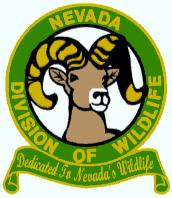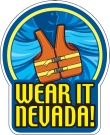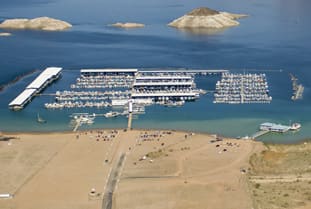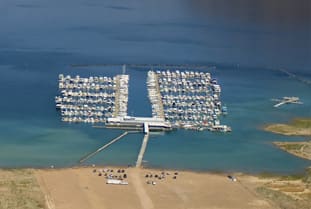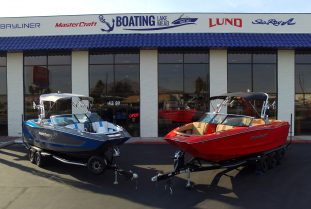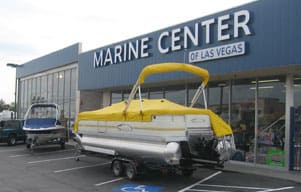Boating Regulations
Boating is an amazing pastime. Take the family and friends out, enjoy watersports, cruising, camping, and exploring! There are many ways to enjoy boating and the differing waterways. The most important aspect is boating safety and following waterways rules and regulations.
Nevada Department of Wildlife (NDOW) is the boating safety, education and enforcement agency for the state of Nevada. The boating safety office is responsible for boating education, safety and law enforcement. Their ultimate goal is to create a safe boating environment and experience for Nevada boaters. That means helping boaters learn about the basics of boating safety, including proper fitting lifejackets and the rules of the water. Anyone born after January 1, 1983 is required by Nevada law to take a boating safety course. Also, children under 13 must wear a life jacket on all vessels.
We strongly encourage all boaters (captains, passengers, and guests) to get educated and get your boating education certificates! Click here to find out how to obtain your boating safety certificate today!
Boat Nevada – Important Things to Know…
Nevada Boat Registration Fees range from $52-$132 per year. On the first year the owner of the vessel must go in person to the Nevada Department of Wildlife and pay for registration and title fees.
Las Vegas location – 3373 Pepper Lane, Las Vegas, NV 89120 – https://www.ndow.org/contact-us/
Registration Stickers – Once you register, you will receive your registration and stickers. Keep a copy of your registration in a safe place and the original on board your boat in a dry bag. Owners are responsible to have current year boat registration stickers on the tide of the boat, along with the NV#s that are issued with the registration. These numbers must be in a contrasting, easy to read 3” number near the port and starboard bow area, just under or just above the rub rail. The NV# is issued to the boat and will remain with the boat as long as in the state of Nevada. Once a year, you would update a sticker with the current registration.
NDOW is the state office that handles vessel titles. For trailer titles, this is handled by the Nevada DMV.
Now you can renew your vessels on subsequent years online. This is due at the end of the calendar year. Each year, you must have a new Nevada registration sticker on your boat.
Nevada requires anyone 12 years of age or older to have a fishing license in their possession while fishing. Fishing licenses start at $9 for a single day residents. For annual fishing license, discounts are offered for youth.
- Nevada Boating Laws
- NDOW contact & locations
- Stop Aquatic Hitchhikers
- Boating and Fishing Know-how
- Flotation Device Information
There are many types of life jackets and flotation devices. Most important factors is a life vest fitting correctly for all individuals and knowing and understanding other floatation devices. Pool floats, should never be used at Lake Mead or open waters. Never rely on a pool float or any type of floaty to keep a person safe. A well fitted life jacket is the key to prevent tragic accidents. There are life jacket loaner stations at most waterways. Be safe and wear your life jacket!
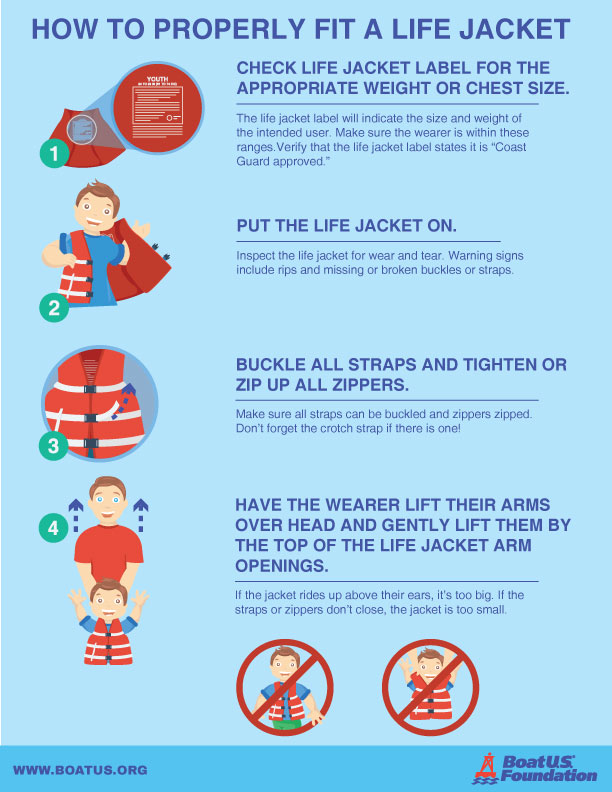
Ask at the marina store and someone will be happy to direct you. Find a loaner station here – https://www.boatus.org/life-jacket-loaner/map/
- Boat Safety Equipment Requirements – see below
- Boating preperation checklist – see below
